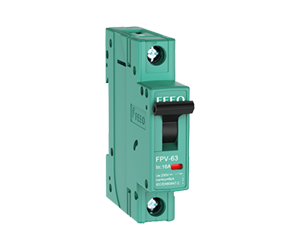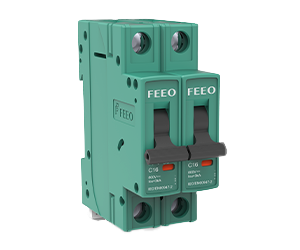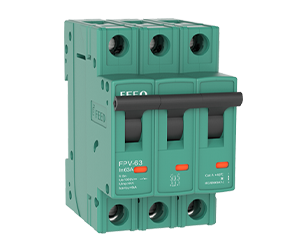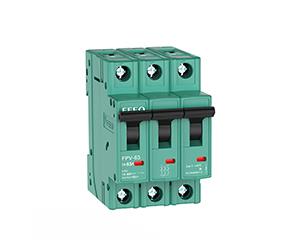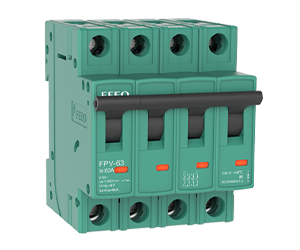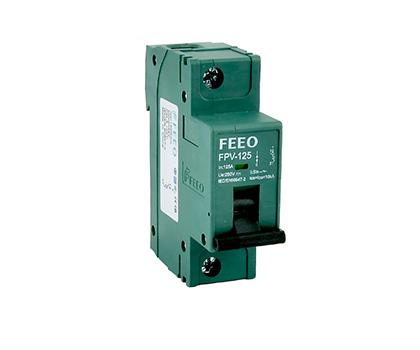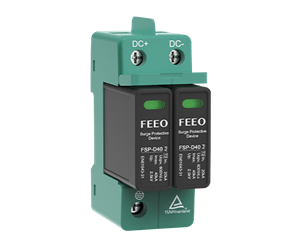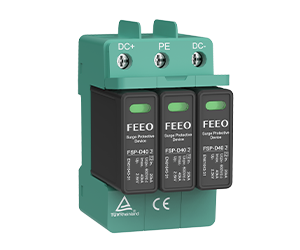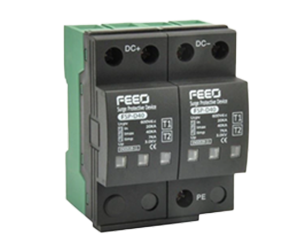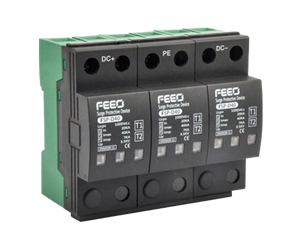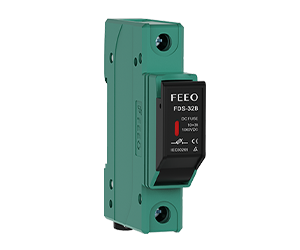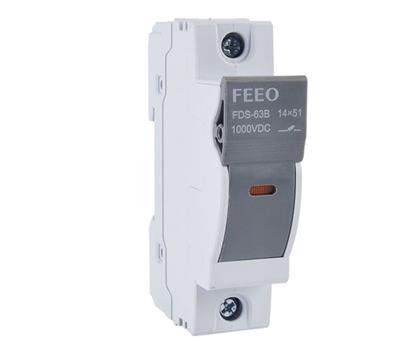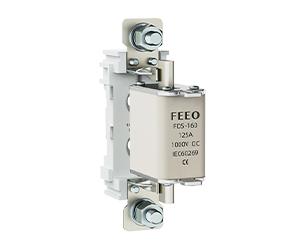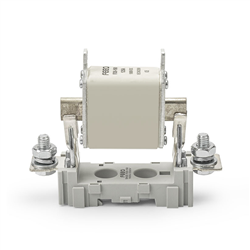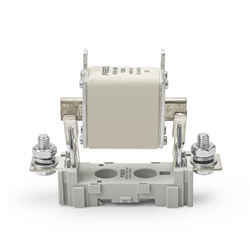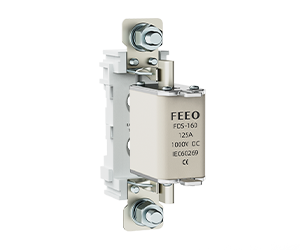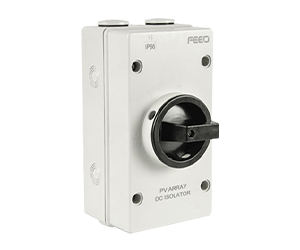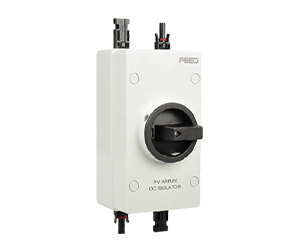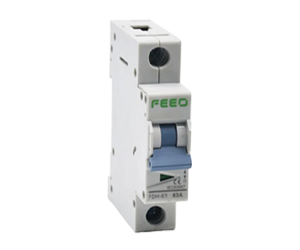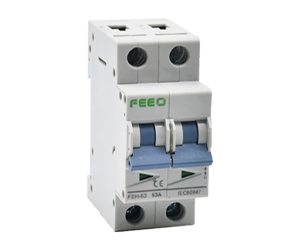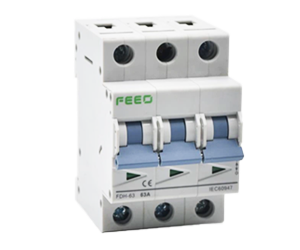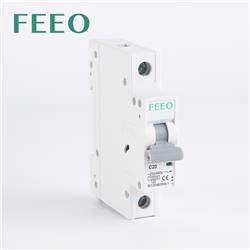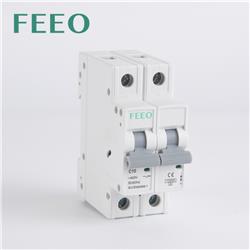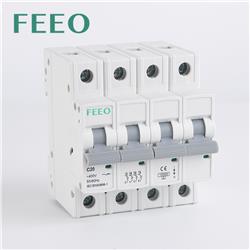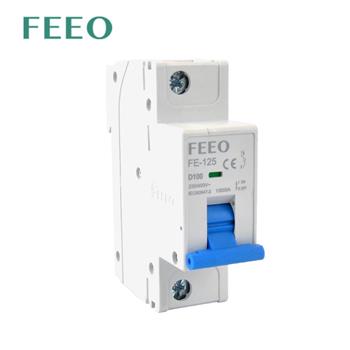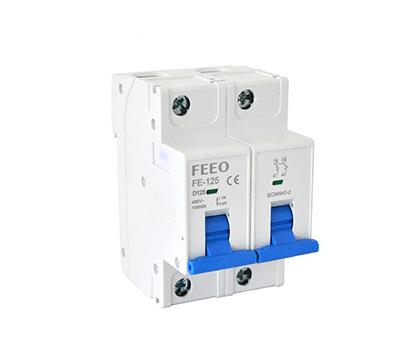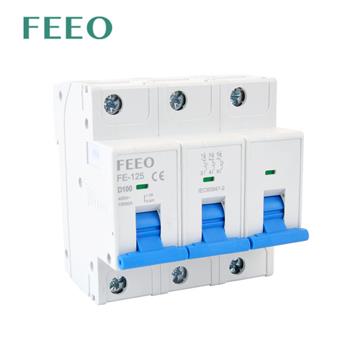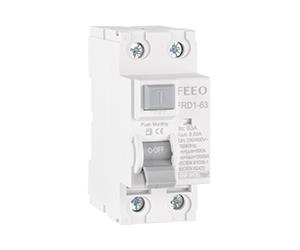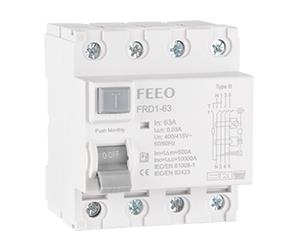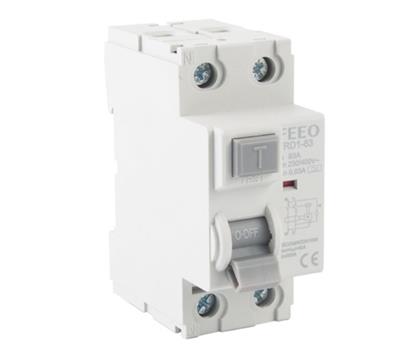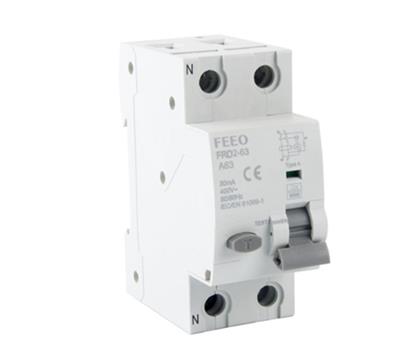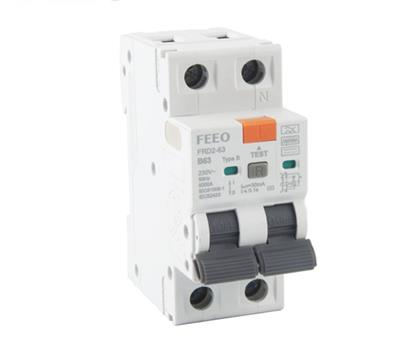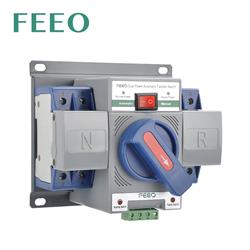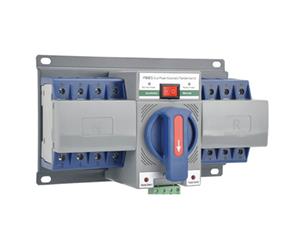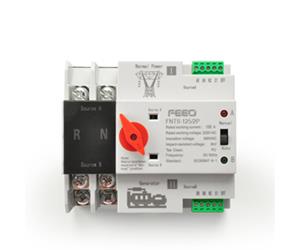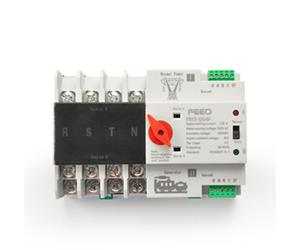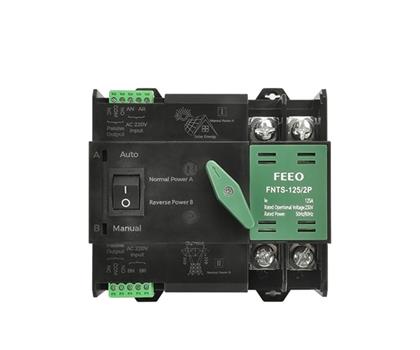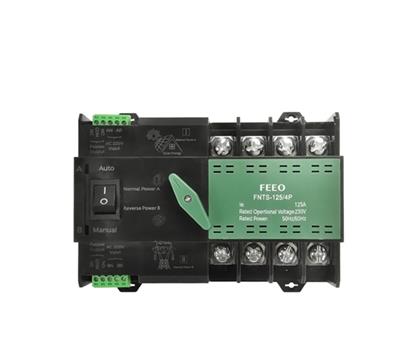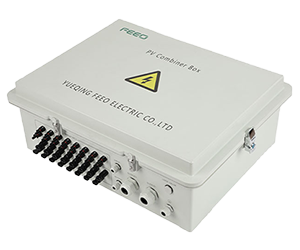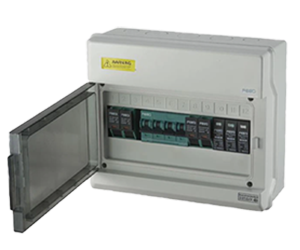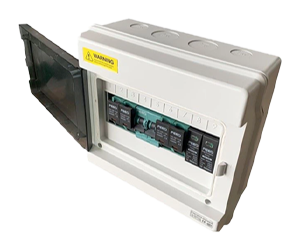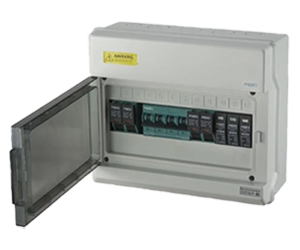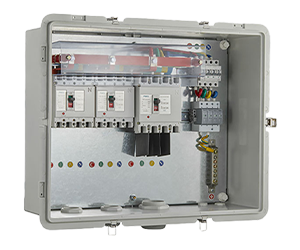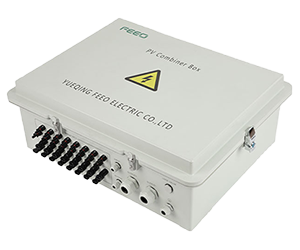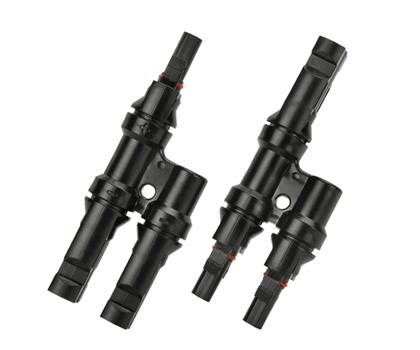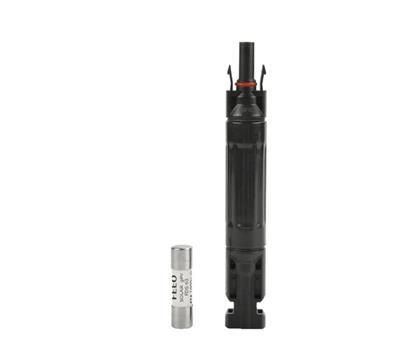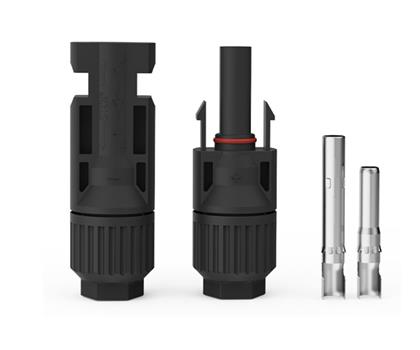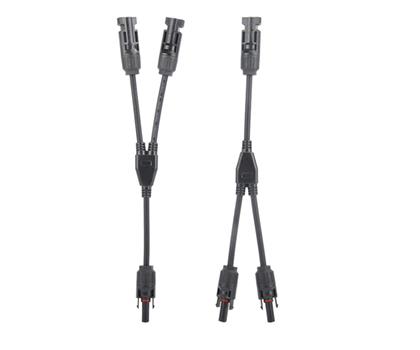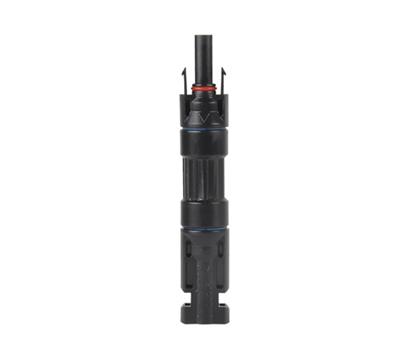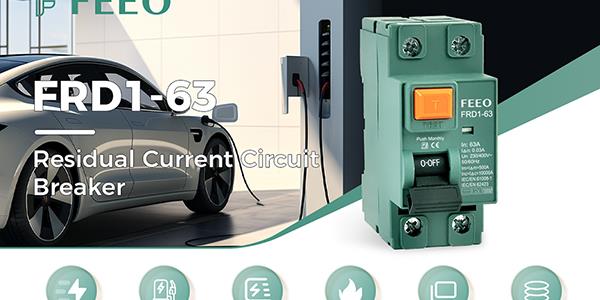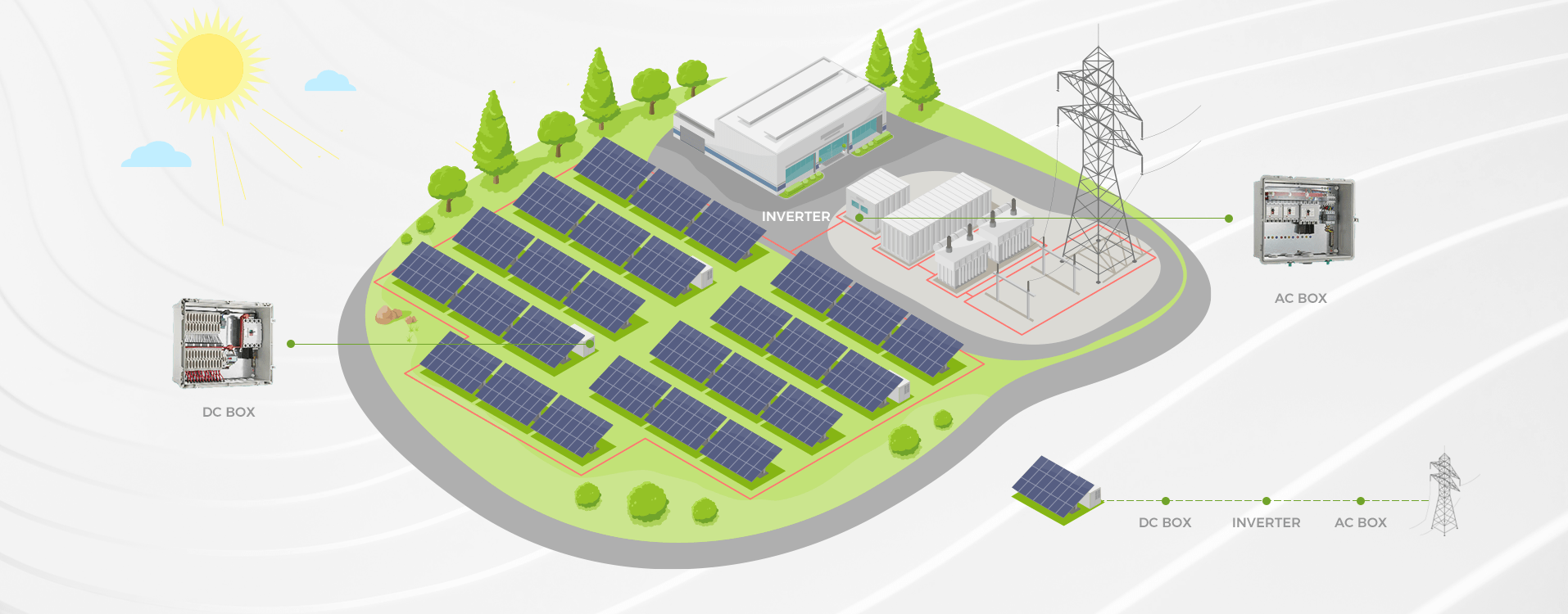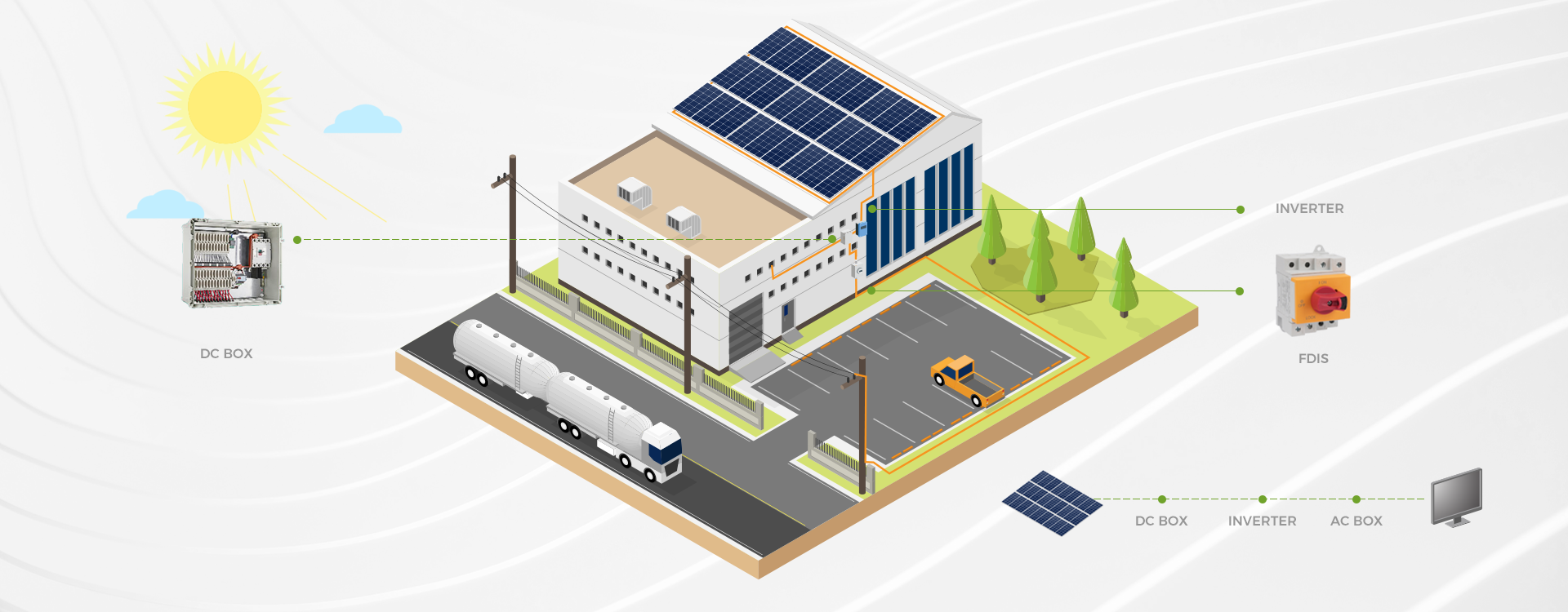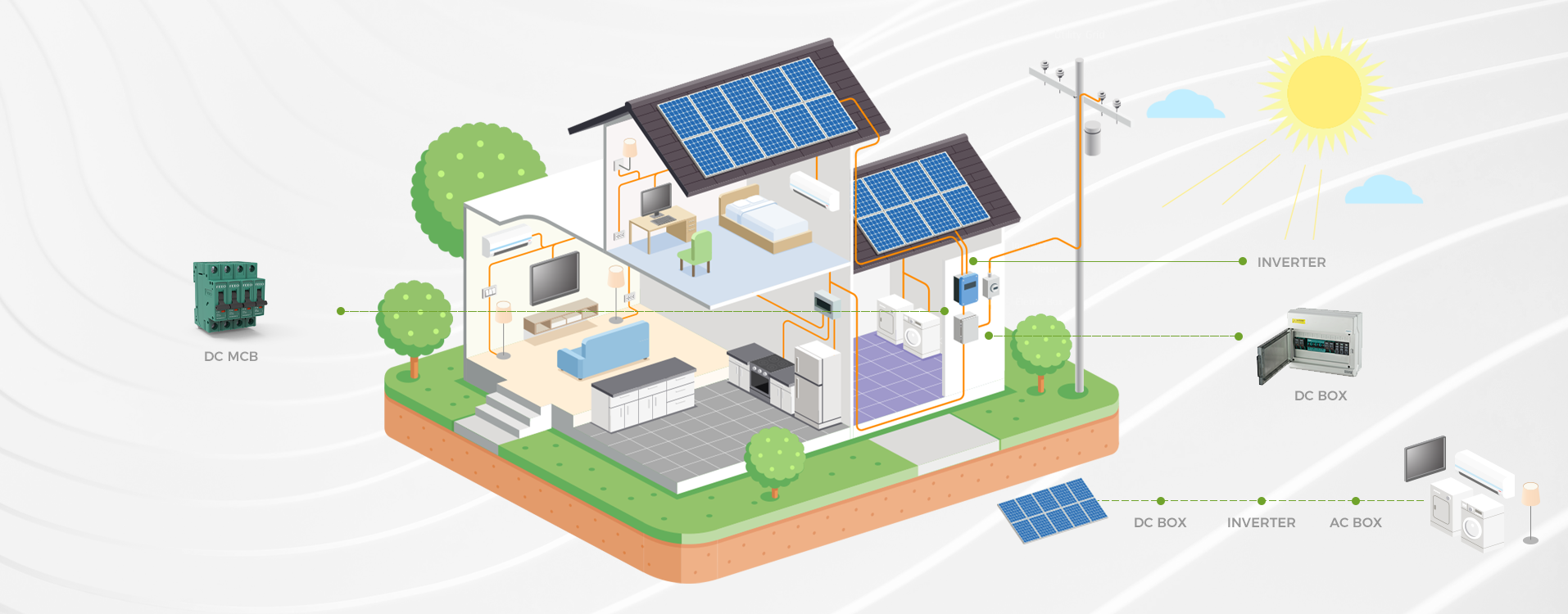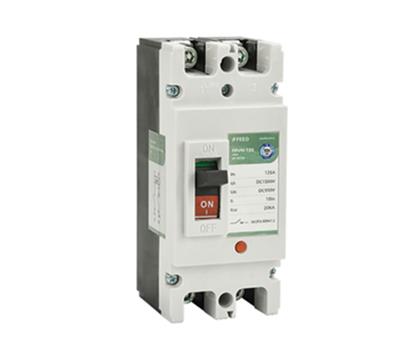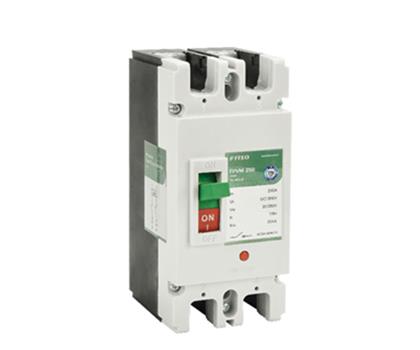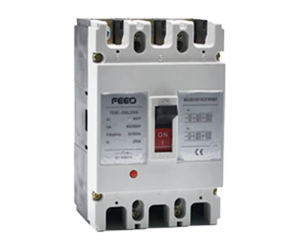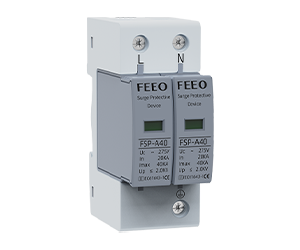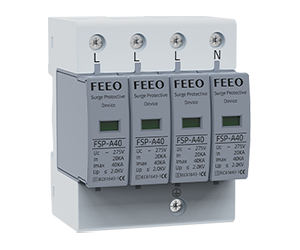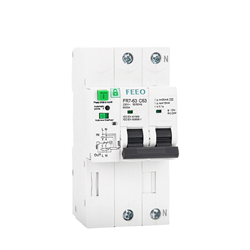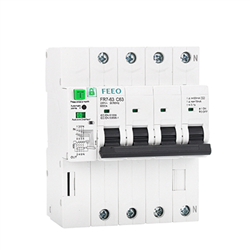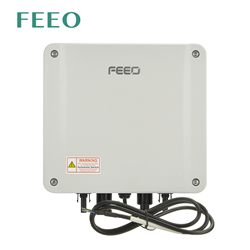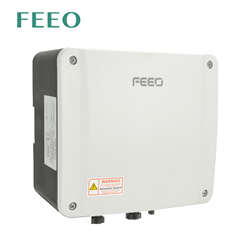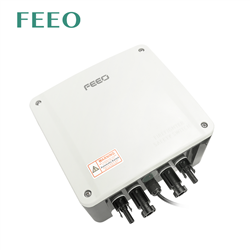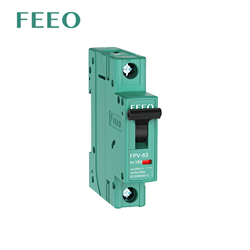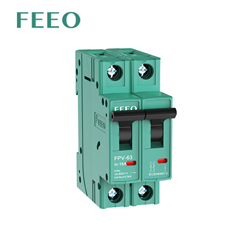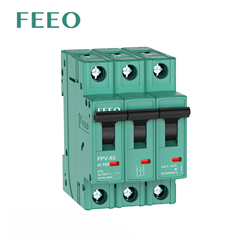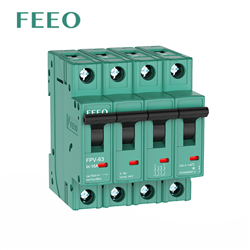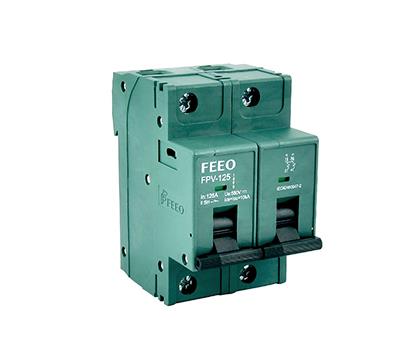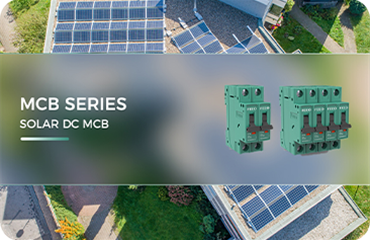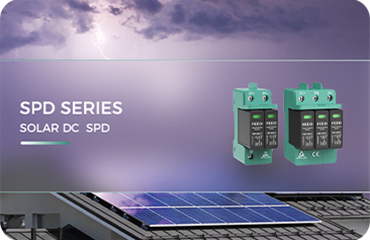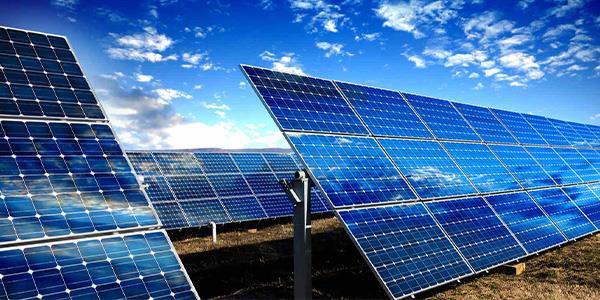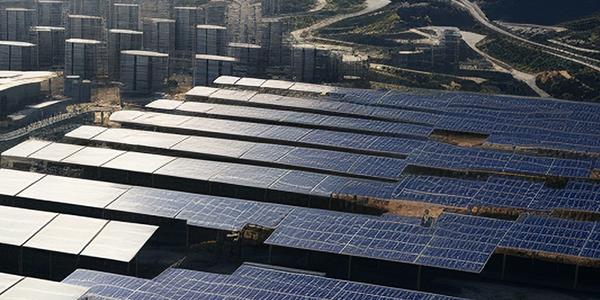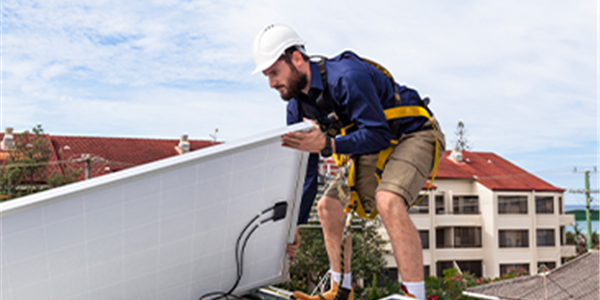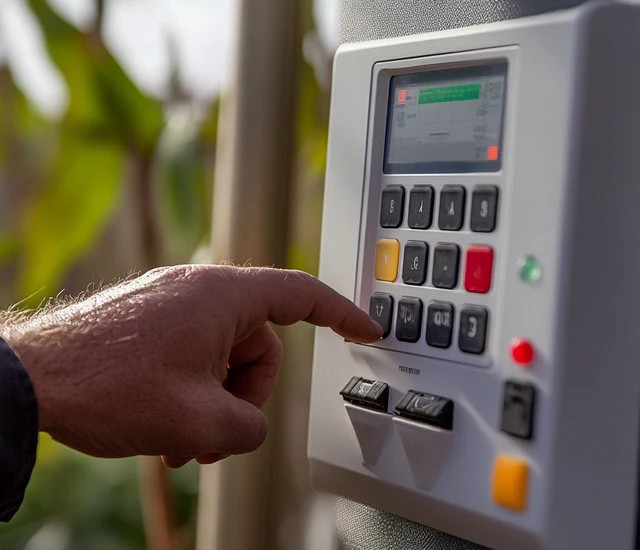
Solar controllers, often referred to as solar charge controllers or solar regulators, are essential components in solar energy systems. They manage the flow of electricity from solar panels to batteries and the loads that use this power. Here’s a breakdown of their principles and applications:
Principles of Solar Controllers
Voltage Regulation:
Solar controllers regulate the voltage from solar panels to ensure that batteries are charged optimally without overcharging. They maintain the battery voltage at a safe level.
Battery Management:
They monitor the state of charge (SOC) of batteries, ensuring they are neither undercharged nor overcharged, which can significantly prolong battery life.
Load Control:
Some controllers include load terminals that enable control over connected devices. They can disconnect loads during low battery conditions to prevent damage.
PWM vs. MPPT:
Pulse Width Modulation (PWM): A simpler and less expensive method that gradually reduces the voltage and current as the battery reaches full charge.
Maximum Power Point Tracking (MPPT): A more advanced technology that optimizes the power output from the solar panels, especially in varying light conditions. MPPT controllers can extract up to 30% more power than PWM controllers under certain conditions.
Temperature Compensation:
Many modern controllers include temperature sensors that adjust the charging voltage based on the battery temperature, ensuring safe and efficient charging.
Applications of Solar Controllers
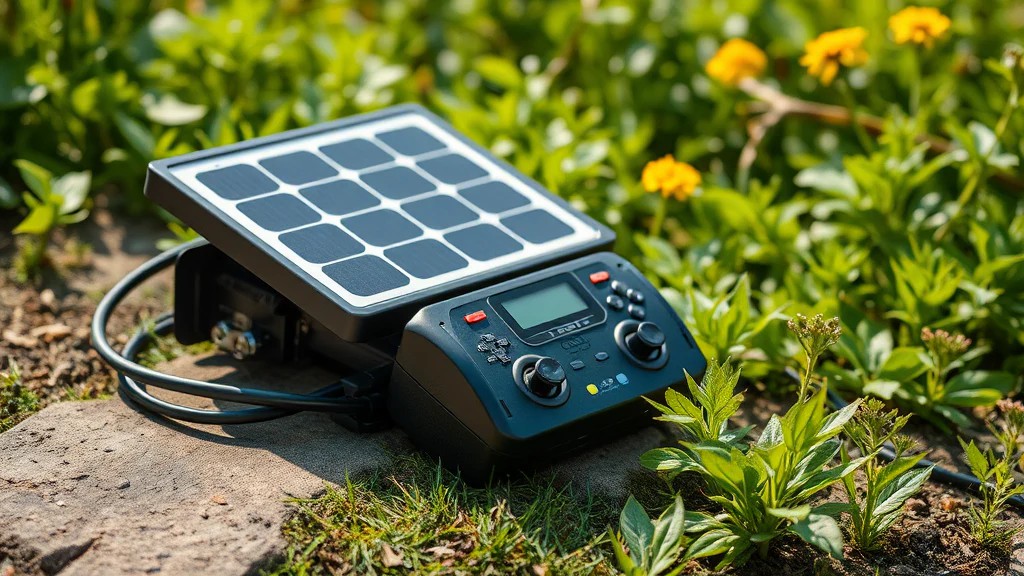
Off-Grid Solar Systems:
Used in remote locations where electricity from the grid is unavailable, solar controllers regulate the charging and discharging of batteries.
Hybrid Systems:
In systems that integrate solar power with other energy sources (like diesel generators), controllers manage energy flow to optimize efficiency.
Residential Solar Installations:
Solar controllers are commonly used in home solar systems to ensure batteries are charged correctly and household devices are powered effectively.
Telecommunication Towers:
Many remote telecommunication installations use solar energy, where controllers ensure reliable power supply to critical equipment.
Recreational Vehicles (RVs) and Boats:
Solar controllers are used in RVs and boats to manage battery charging from solar panels, providing power for lighting, appliances, and electronics.
Agricultural Applications:
Used in solar-powered irrigation systems and remote sensors, controllers help manage the power supply effectively.
Conclusion
Solar controllers play a crucial role in optimizing the performance of solar energy systems. By ensuring efficient charging, protecting batteries, and managing power distribution, they enhance the reliability and longevity of solar installations across various applications. Understanding their principles and uses is essential for anyone looking to implement solar technology effectively.
